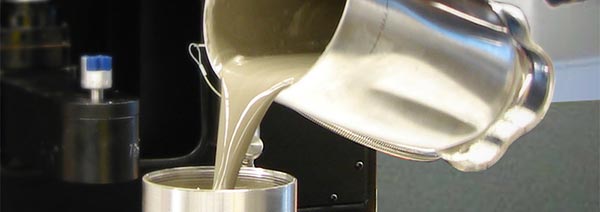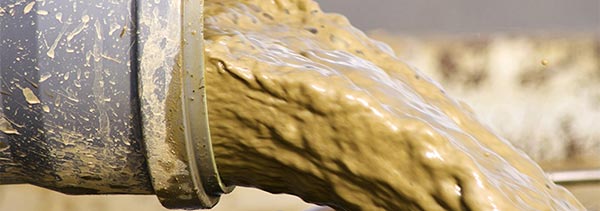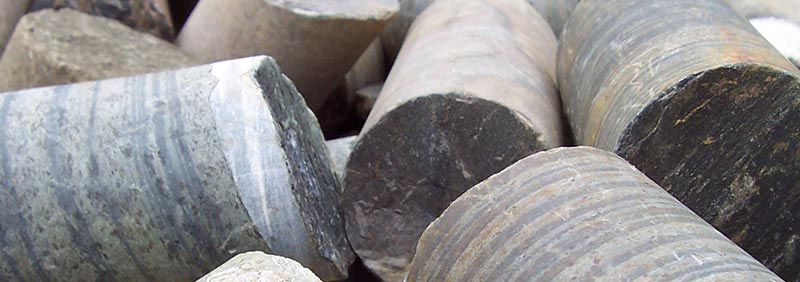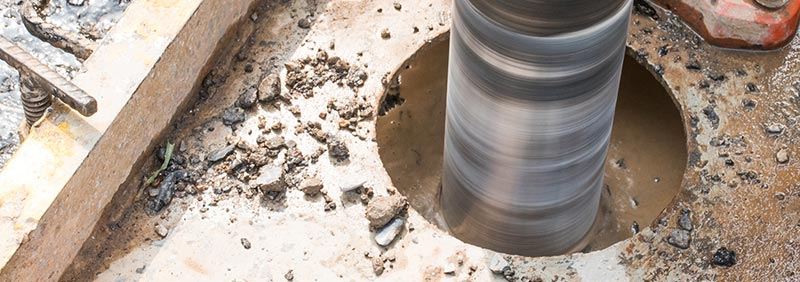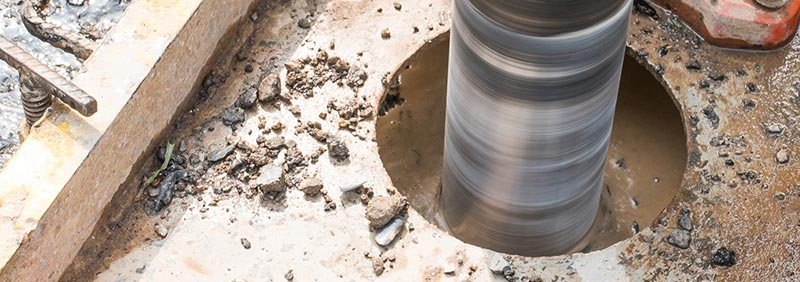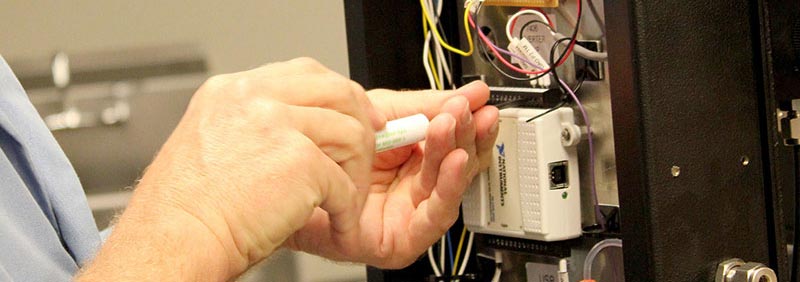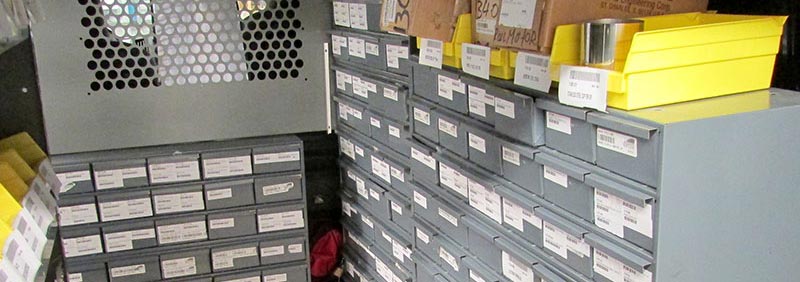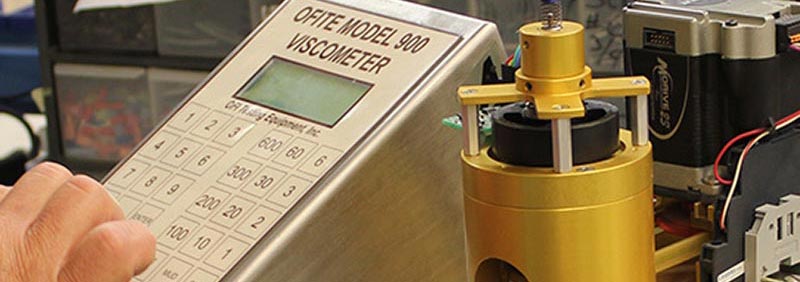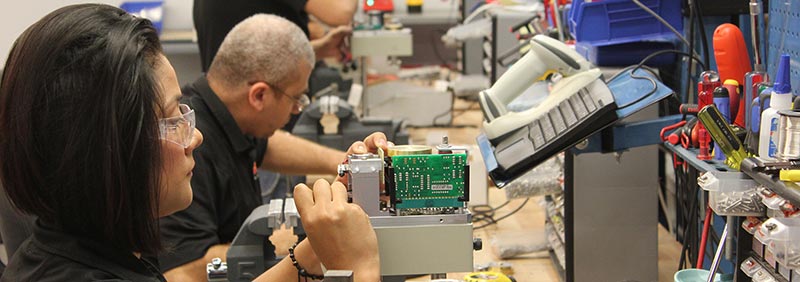Newsroom
A Cost-Effective Reservoir Permeability Tester
Permeability is a measure of the ability of a fluid to flow through a porous media when subjected to a differential pressure and is mathematically equated by Darcy’s law. The permeability of a petroleum reservoir is one of the most influential parameters in determining the production capabilities of a producing formation. Our Reservoir Permeability Tester was developed to evaluate how fluids affect the permeability of a core specimen. In addition, the unit may be used to evaluate acidizing techniques and to develop typical Acid Response Curves (ARCs).
The Reservoir Permeability Tester (part number 127-00) features a Hassler-type core holder that rotates 90° to allow either horizontal or vertical testing. Manual valves enable forward and reverse injection through the core for up to three separate fluids and Nitrogen gas. All wetted components are made of 316 stainless steel, although Hastelloy is available on request. The unit is housed in a two-piece cabinet with storage below and locking swivel castors for mobility. A PC and data acquisition software are included.
The core holder accepts cores 1” or 1.5” in diameter and up to 6” in length. The three accumulators each hold up to 1.5 liters of test fluid and are driven at up to 5,000 psi with a maximum fluid injection flow rate of 10 mL/min. Confining pressure around the core is a maximum of 5,000 psi and maximum back pressure is 1000 psi.
The Manual Reservoir Permeability Tester provides a cost-effective, reliable method of testing the permeability of core samples. For more details, visit the product page.


